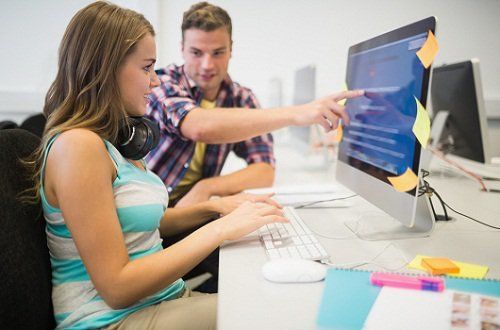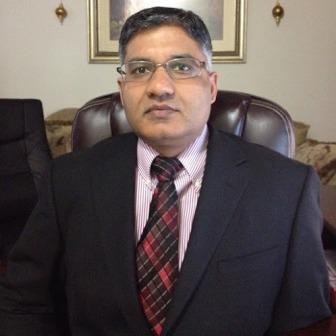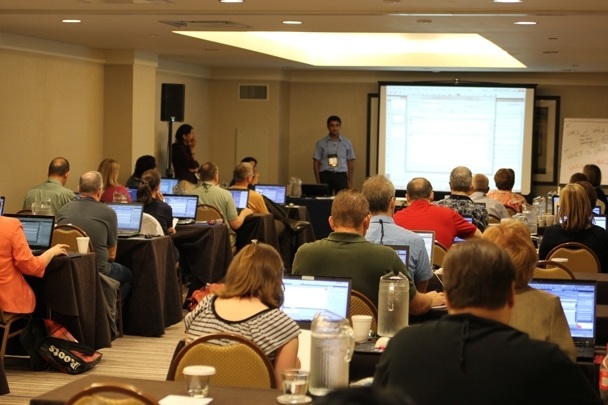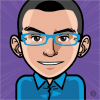Issues With Learning Online
The purpose of a university of today's research is to generate new information and pass it on to their students. Over the previous century, North American institutions have excelled at this role. There are several educational institutes that offer many online learning courses in today’s world that assist the aspirants in mastering the skills required to adapt to the trending developments and advancements.
However, this isn’t the only thing universities could or must do. It's even easier now, due to the COVID-19 pandemic that restricts teaching to knowledge transmission, obscuring other, equally vital educational forms that assist students in becoming better writers, collaborators, citizens, and thinkers.
Other educational forms are critical for human development and democratic engagement.
There's an issue here.
Practical Knowledge In Remote Learning
As per the American philosopher, John Dewey, this costs the distinction between education that concentrates on information and education that concentrates on deliberation and thinking habits.
Dewey emphasized teaching the way to resolve issues over teaching knowledge bodies in "how we think" and "education and democracy" because he understood that greater thinking abilities would result in better student and public life outcomes.
Dewey thought that developing knowing-how skills, such as problem-solving, critical thinking, and careful reading necessitated imitation and interaction. For Dewey, thinking, speaking, and reading were all disciplines that are intertwined, that necessitated reflection and practice. Individually and collectively, practicing these connected skills will enhance our decision-making.
In a remote situation, the imitation type he was thinking about, individuals imitating one another, is inconceivable.
Dewey also believed that curiosity, combined with a realization of and conflict with genuine problems, led to better thinking. These are modeled by teachers throughout interaction and engagement with students.
According to "how we think," teaching children how to use language for persuasion is an important part of their education. Dewey's work was, thus, closely connected to classical rhetoric conceptions or the teaching of effective speaking and writing (incorporating a focus on imitation as a key component of developing communication techniques).
These convictions had to be embodied in real-life classroom practice.
Aware Of How Online Learning Is Compromised
Despite Dewey's attempt to identify an alternative, the contemporary research university has been liable to prioritize the "knowing-that" over the "knowing-how" in an extensive range of subjects since the late 19th century.
Donald Schon's work on reflective practice at the Massachusetts Technological Institute attempted to remedy this overemphasis and apply Dewey's approach to modern curricula. The focus on the "knowing-that" remains, however.
For education that focuses on abstract, theoretical information instead of "know-how," remote learning is excellent. And this is precisely the issue with those learning forms, and why we should resist succumbing to them.
Some academics say that the effectiveness of learning online is explained by the fact that a group of students can attain similar grades online as they do in person. This supports the hypothesis that there was no discernible difference in academic achievement among the two environments.
However, rhetorical studies and Dewey's focus on embodied and practical forms of democratic education have led to this conclusion: It is significantly more difficult to develop the "know-how" skills that will be critical to students' future success.
Learning outcomes, such as data analysis, self-reflection, peer cooperation, reading, and writing are among them.
Overwhelmed With Specialized Knowledge
Not only in halls of teaching or within elite universities' ivy-covered walls, but specialized bodies of information can also now be found everywhere. If you're looking for information on mycology or programming in python (advanced), you can get it for free online through a wide range of sources. This is exactly why a reputable university degree can be questioned by Silicon Valley gurus.
The university is threatened by the fact that limitless "knowing-that" is simply and easily accessible to any aspirant due to the same technologies that made remote learning possible. The life experience necessary for building "knowing-how" practices and habits, on the other hand, is not the same.
Our "knowing-how" kinds of wisdom continue to deteriorate when we become immersed in ever-increasing volumes of information. This is valid for primary school children learning how to negotiate social connections, and also university students learning how to make use of scientific methods or undertake a critical, close poem reading.
Readings That Are Close And Careful
The university, for example, is responsible for teaching an aspirant how to properly study a material. However, in distant learning situations, this seems unlikely. In a remote context, Dewey's emphasis on the value of student-teacher interaction, modeling and imitation of thinking patterns, and the need for collaborative and creative problem solving are all made more challenging.
A solitary, 18-year-old gazing at a computer could figure out what a text means, but it will be much more difficult to figure out how to execute an interpretation with care.
It's also one of several "know-how" skills that seem to be in short supply in our public society. Reading closely is similar to listening closely, that is a prerequisite for collaboration and self-reflection. "You're Not Listening," by journalist Kate Murphy, demonstrates how difficult the embodied work of reading could be, as well as the need for reading and listening for success in every discipline.
What Queries Should We Be Asking?
We should be exploring how aspirants might suffer from lesser opportunities to emphasize "knowing-how" and commitments for "knowing-that" that are ever-greater rather than how institutions can profit from permanently transferring courses and curricula online.
The epidemic has demonstrated that we require finer, more refined, and well-practiced "know-how" skills. Asking insightful questions, collecting, testing hypotheses, new evidence, cooperating with a wide group of people, critically reviewing evidence or data, applying source material analysis, and inventing new assessment methods are all instances of skills.
Questioning and wrestling of this nature are mostly missing on the internet. They can simply be replaced by rote data processing. We must be concerned about the consequences of that transition.
Conclusion
Thus, we have seen how to make use of the online learning process in developing skills and gaining practical knowledge.









